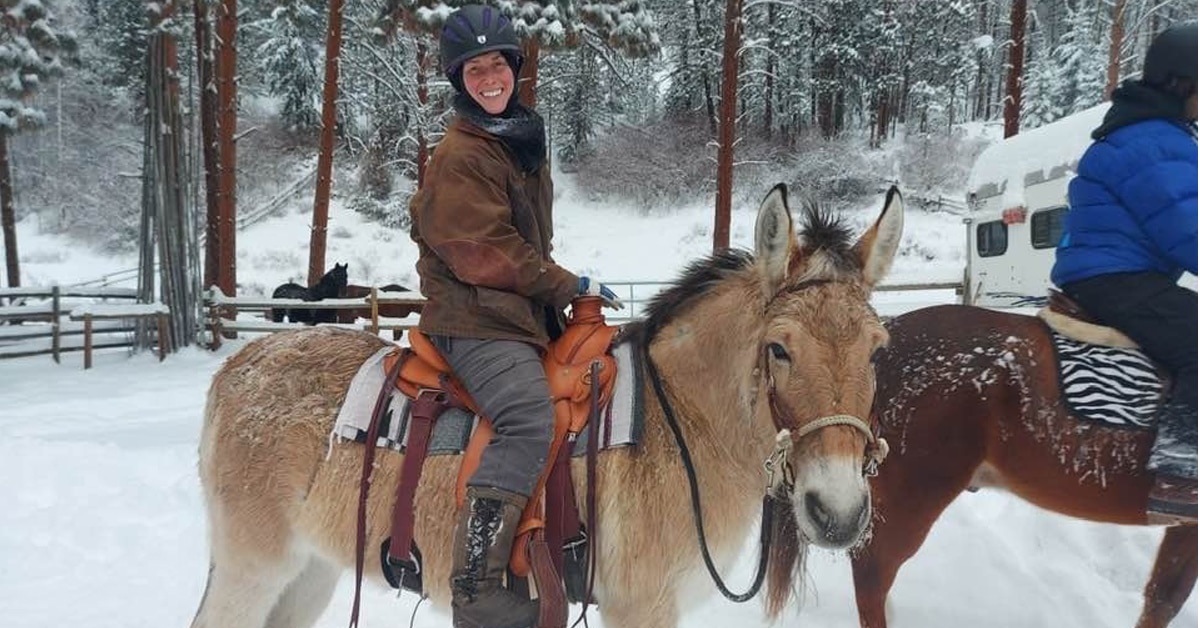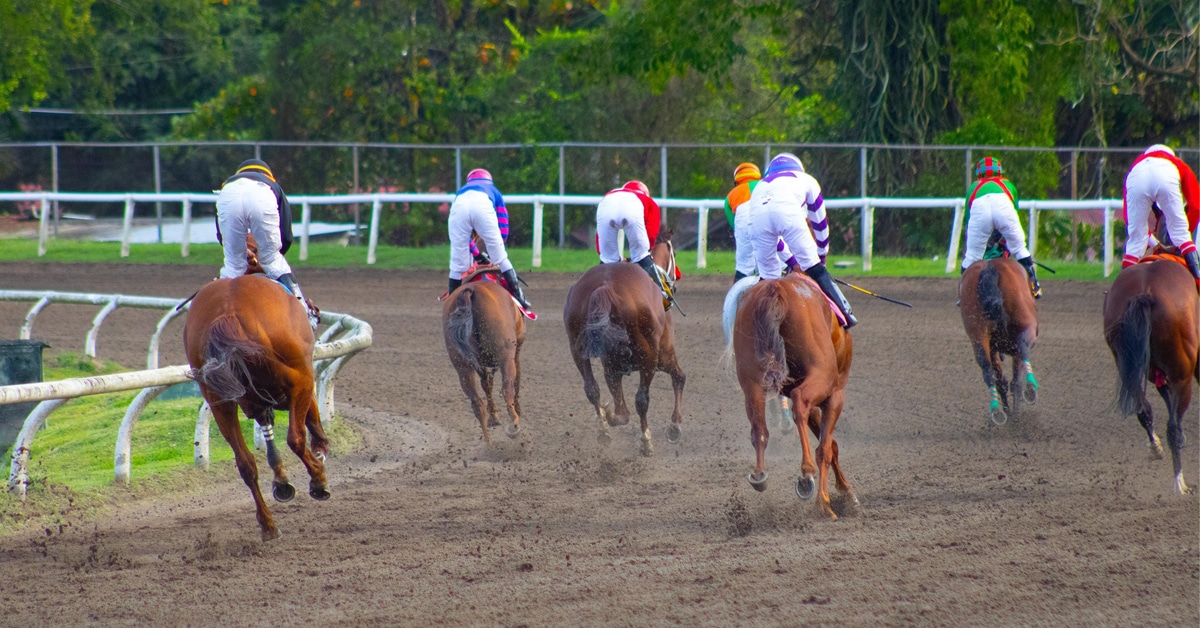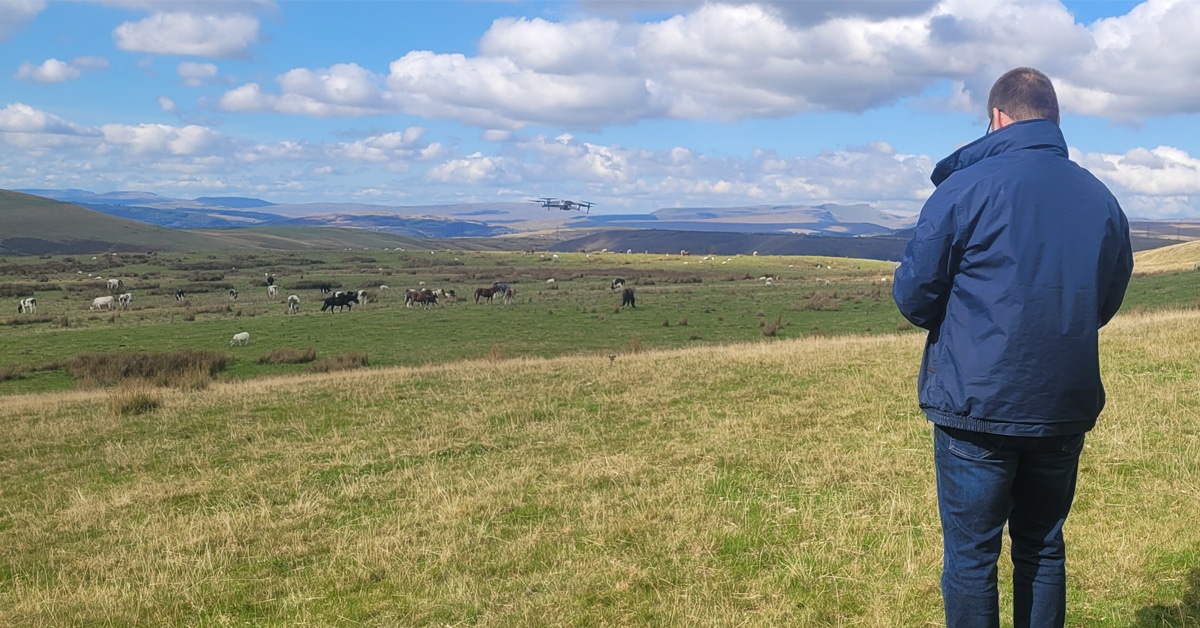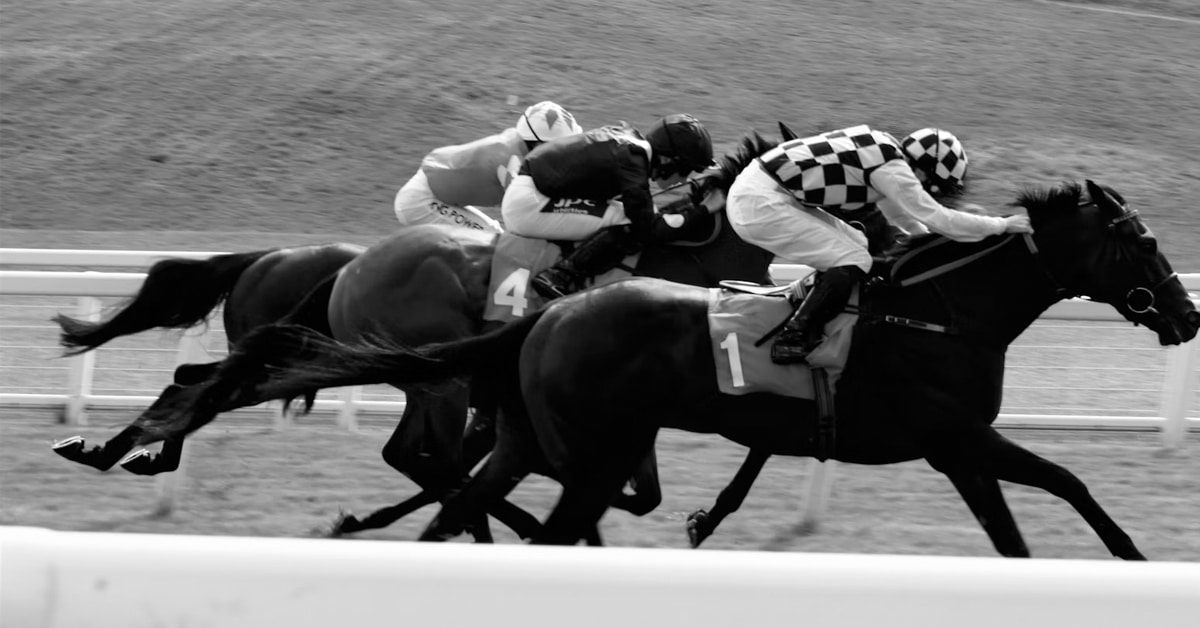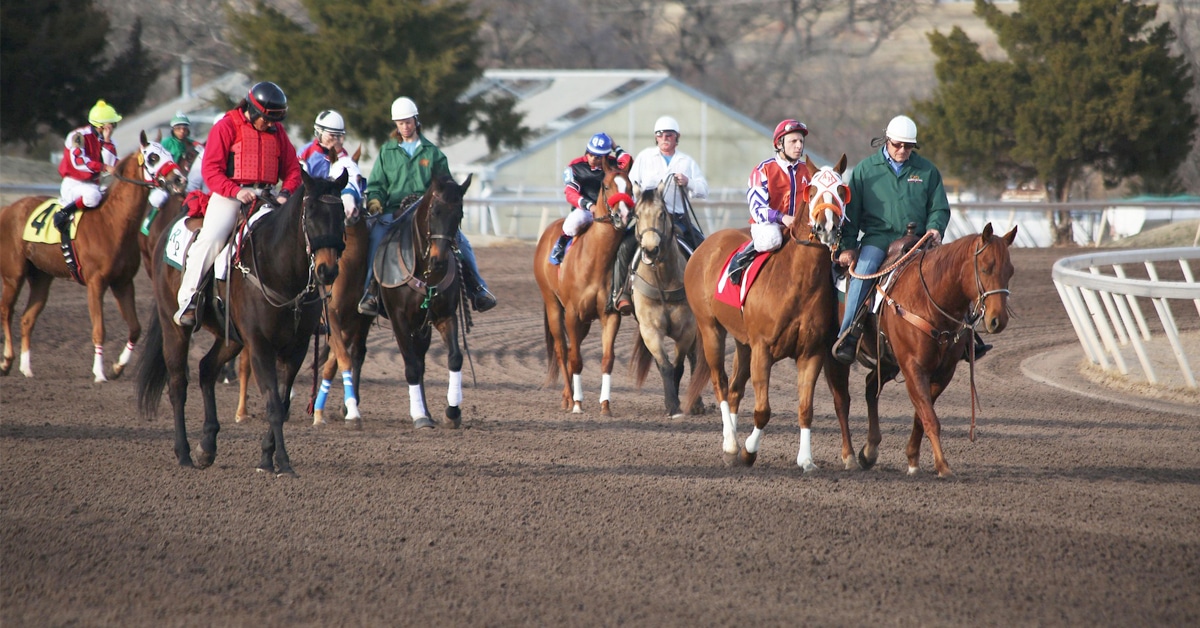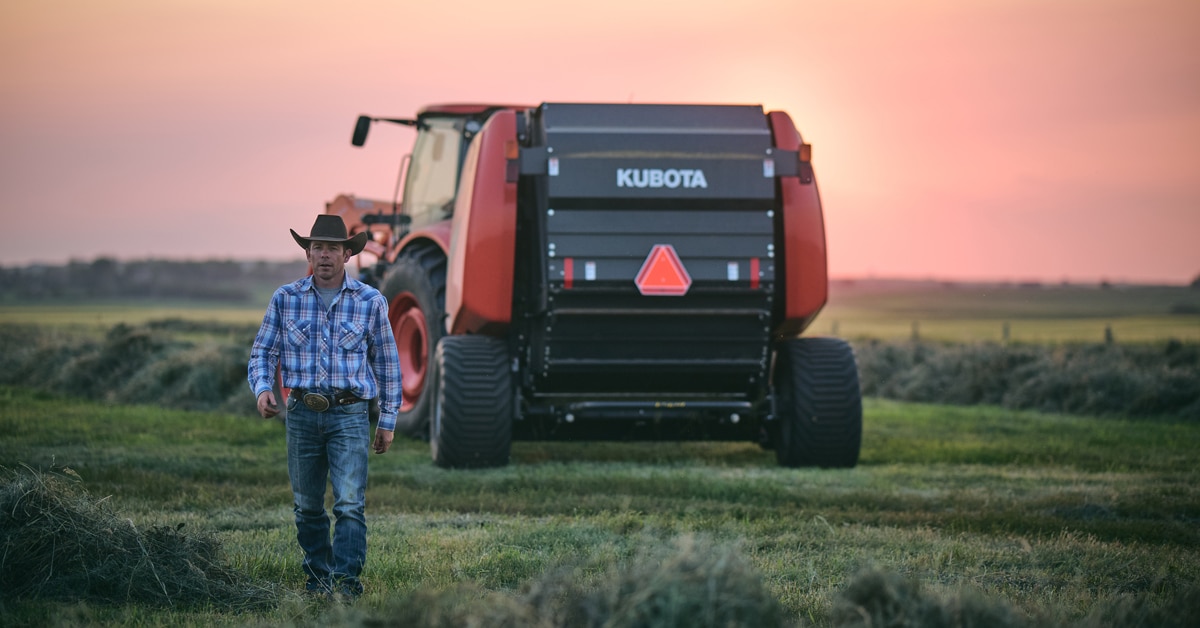It’s been over two months since the government shutdown and stay-at-home orders because of the worldwide spread of COVID-19 required all but essential businesses to temporarily halt operations. As we know, this greatly affected our horse industry as all forms of equestrian activity ground to a halt. Riding schools were particularly hit hard because many of them exist on narrow profit margins to begin with and rely on a steady stream of students, including a lot of children, to keep running.
Last week the Ontario government included outdoor riding establishments and horse riding in its list of allowable activities for phase one of the reopening of our economy; this week, indoor arenas were also included on the list. This was great news for many riding schools and even greater news for their students, excited to pick up the reins where they left off and get back in the saddle.
As far as risk assessment goes, a recent study out of Italy found horseback riding to have nearly non-existent risk for contracting the virus. The study came from the University of Turin and measured the risk factor of several sports, giving them a rating of 0 for almost non-existent risk to 4 for very high risk. This is good news for riders everywhere.

York Equestrian Riding School’s Mary and John Skey.
York Equestrian – New Protocols
York Equestrian Riding School, owned and operated for over 30 years by John and Mary Skey in Stouffville, Ontario, closed down their riding lesson business on March 19. Like everyone, Mary Skey thought, and hoped, it would be short-lived, maybe two weeks, tops. But it’s now been over two months. “I get the very serious strong move to try and get some control and understanding,” she agrees. “I like to think they have a better understanding now.”
Skey explains that, like many horse operations, they have a riding school where they own the school horses, or “schoolies,” and they also have a small show facility for those who want to compete with their own horses. The boarder side of the business continued to operate during the closure, but like everywhere else in the province, with restrictions. At York Equestrian two boarders maximum were allowed on the property at a time and given 90 minutes to groom and ride. After that, they had to be gone.
“We started to schedule our riders to reduce our traffic and spread it out. And on top of that we installed sanitization stations and asked people to sanitize their hands,” Skey explains. Another key factor in fighting the virus is discouraging clusters of people and enforcing social distancing, which is a challenge given the social aspect of horse sports. To address this concern York Equestrian closed its viewing areas.
The farm also managed the number of people in the tack room. But fortunately, in terms of day-to-day cleaning, there wasn’t a need to implement drastic changes. “Soap and water have been the virus’s kryptonite, and we were cleaning our barn, spraying the floor and touch points with disinfectant before Covid,” Skey explains. “Our feed buckets are washed twice per day in bleach solution, too.”
Now that the provincial government has given the go-ahead, Skey is happy to get the riding school running again, but recognizes that not everyone is comfortable coming back, and for others it will be a matter of finances. But one thing is certain, York Equestrian will have new protocols in place. For starters, the sizes of classes will be diminished and Skey has purchased face shields for instructors. Even though social distancing is inherent in riding and instructors are far away from a student as a rule, there are times when closeness is required, for example, a tack check or adjusting leg position.
Skey has also planned to have students tack up horses in stalls, depending of course on the experience of the student and the temperament of the horse. In those situations where an assistant is required that person will be wearing face shield and gloves. Lessons will be by appointment only. No parents. No viewing areas. “We can spread them out and remove areas where people congregate.”
Of course, another factor that will help keep social distancing manageable is the weather. Being able to ride outside means that Skey is optimistic that York Equestrian will be able to operate its summer camps. In fact, this week Premier Ford announced that indoor and outdoor summer day camps “may” be allowed in July and August with “strict health and safety guidelines.” After all, as Skey points out, “Why can’t kids clean tack outside on the grass?” Skey says she already had a lot of registration and anticipates filling the spots. Regular clients who take lessons all year round have already been calling to come back. This is encouraging news for all horse facilities.
As of this writing other Canadian provinces are a patchwork of reopening and various regulations; for example, it’s a YES for lessons in PEI and Manitoba, but a NO in BC. It is best to check your provincial equestrian federation for guidelines and call ahead to your preferred riding school for rules and sanitation protocols before arriving at the barn.
Following the guidelines of PEI Public Health, beginning May 1, outdoor gatherings and non-contact outdoor recreational activities of no more than five individuals from different households, while maintaining physical distancing, were permitted in Prince Edward Island. Coach and rider Laura MacDougall of Seaglass Stables in North Winsloe, PEI, was then able to begin offering lessons again, with modifications. “The health and safety of our students, parents and staff is the highest priority and no activity will take place without careful consideration and ensuring public health recommendations are met,” reads a statement on their website. A directive emailed to her students lists all the new protocols in place, including using a specific driveway to enter and leave the property.

Daisy Kosa of MJM Equestrian and daughter Ava Sharon Allison.
MJM – Barn is Off-Limits
In Hamilton, Ontario, Daisy Kosa, who co-owns MJM riding school, has also been gearing up to open. While there is also a boarder barn, the riding school has its own dedicated building including a separate indoor arena. Like at York Equestrian, and elsewhere in the province, boarders/individual horse owners have been going up on a schedule to care for their horses.
Kosa, who works in a hospital and has been redeployed to long-term care and therefore has not been near the facility since the closure, has implemented strict guidelines for the riding school. “Normally the students tack up their own horses. Now they will be no students in the barn. No setting foots in the aisle or handling tack,” she explains. “I don’t love this at all, because it goes against everything I believe in in terms of horsemanship. But it’s the safest way to do it.”
Next to the ring Kosa’s staff have set up five picnic tables. Once a student sanitizes their hands they can take their place at the table, only one rider and one parent are allowed per table. If you’re an adult student then it’s only you, no spouse or friend. “The instructors and staff will take each horses to the mounting block and invite each student into the arena to mount,” Kosa says. “I recommended masks for students but I’m leaving it up to them. Staff will be wearing masks.”
Kosa also invested in synthetic reins and saddles for easier sanitizing. Lessons are given a one-hour time slot, but lessons will be shorter by the necessity of these new rules. Students will need five minutes to get on the horse, and another five to ten minutes to dismount and give the horse to the assistant before the next group can come in. MJM have also discontinued their private and semi-private lessons for the time being and instead focusing on small groups of five as per provincial group guidelines.
How have MJM’s clients past and future responded since they learned of the reopening? “We’ve had an overwhelming response despite the limitations on it,” Kosa says. “I want to see how it goes and make sure we can pull this off and keep everyone safe or if we need to spread it out more.” Kosa concedes that such drastic changes mean potentially cutting her margins but it’s a necessity given the circumstances.

Abigail Reidy getting some long-awaited pony love. (photo courtesy MJM)
As for keeping her horses in hay and health, Kosa did not apply for the For the Herd funding that the Ontario Equestrian Federation offered. Instead, MJM Riding School ran its own fundraising campaign on Facebook. Olympian Jacqueline Brooks also ran a webinar with the help of For the Herd volunteers which raised funds for MJM Riding School. These fundraisers coupled with the support of students who didn’t ask for a refund when their lesson packages got cancelled, and part-boarders who continued to pay for the horses they couldn’t ride, MJM raised about $15,000.
Like Skey at York Equestrian, Kosa would like to offer summer camps. “I think we can do social distancing because we have the space even if it’s raining. I can’t see it at full capacity. It will be different,” she says. “It’s very early days in this pandemic and you don’t want to do something with your business that could potentially harm anybody’s health.”
The Latest

